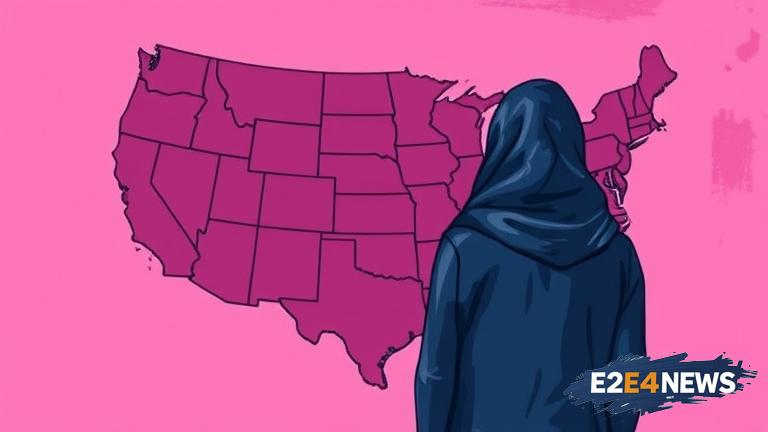In a recent development, a federal court has vacated a rule that protected the privacy of individuals seeking abortion services. This decision has sparked widespread concern among reproductive health advocates, who argue that it will have far-reaching consequences for women’s health and autonomy. The rule, which was introduced to safeguard the privacy of patients, has been a cornerstone of reproductive health care in the US. By vacating this rule, the court has effectively removed a critical protection for individuals seeking abortion services, leaving them vulnerable to potential harassment and intimidation. The decision has been met with criticism from reproductive health organizations, which argue that it will disproportionately affect marginalized communities. These communities already face significant barriers to accessing reproductive health care, and the removal of this protection will only exacerbate these challenges. Furthermore, the decision has raised concerns about the potential for abuse and exploitation, as individuals seeking abortion services may be more likely to be targeted by anti-abortion activists. The vacating of this rule is the latest in a series of blows to reproductive health in the US, which has seen a significant erosion of abortion rights in recent years. The decision is likely to have significant implications for the provision of reproductive health care, as clinics and providers may be forced to re-evaluate their policies and procedures in light of the changed legal landscape. In addition, the decision may also have implications for the broader health care system, as it may lead to increased scrutiny and regulation of reproductive health services. The American College of Obstetricians and Gynecologists has expressed concern about the decision, arguing that it will undermine the trust between patients and providers. The organization has also highlighted the importance of protecting patient privacy, particularly in the context of sensitive and stigmatized health services like abortion. The decision has also been criticized by human rights organizations, which argue that it violates the fundamental right to privacy and autonomy. The UN has recognized the right to reproductive health as a fundamental human right, and the vacating of this rule is seen as a significant setback for this right. The US has a long history of controversy and debate around abortion, and this decision is likely to further polarize the issue. As the debate around reproductive health continues to evolve, it is essential to prioritize the needs and rights of individuals seeking abortion services, and to ensure that they are able to access safe, legal, and confidential care. The vacating of this rule is a significant blow to reproductive health, and it is essential that advocates and policymakers work to restore and strengthen protections for individuals seeking abortion services.
